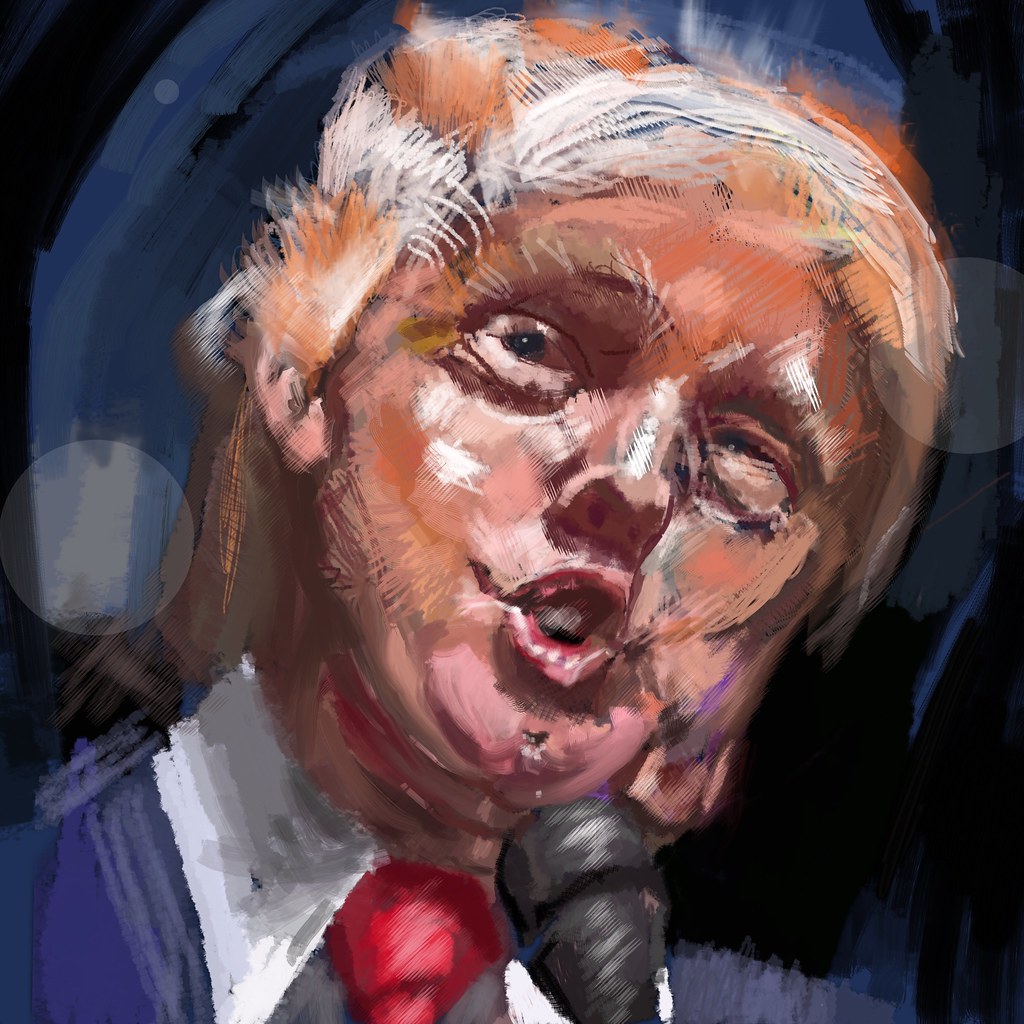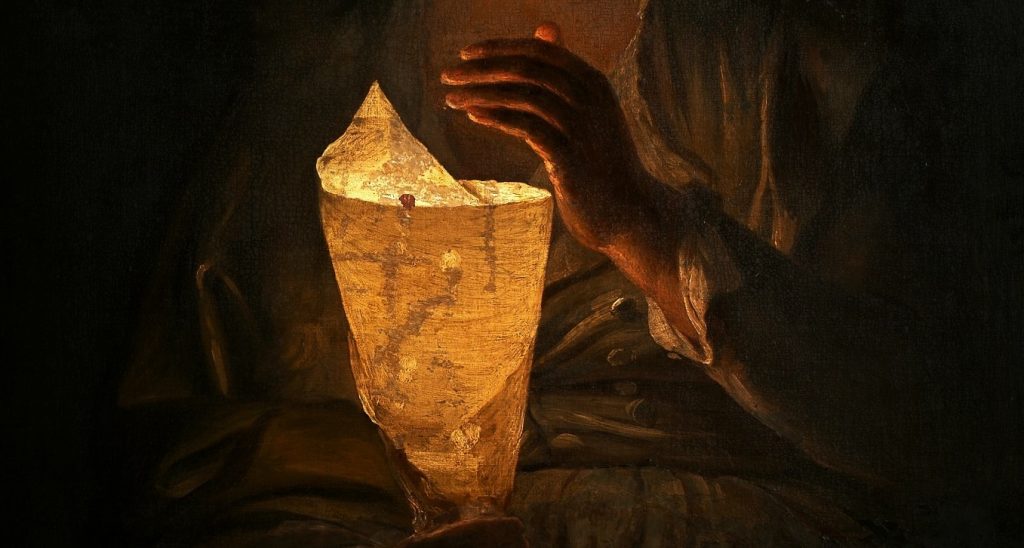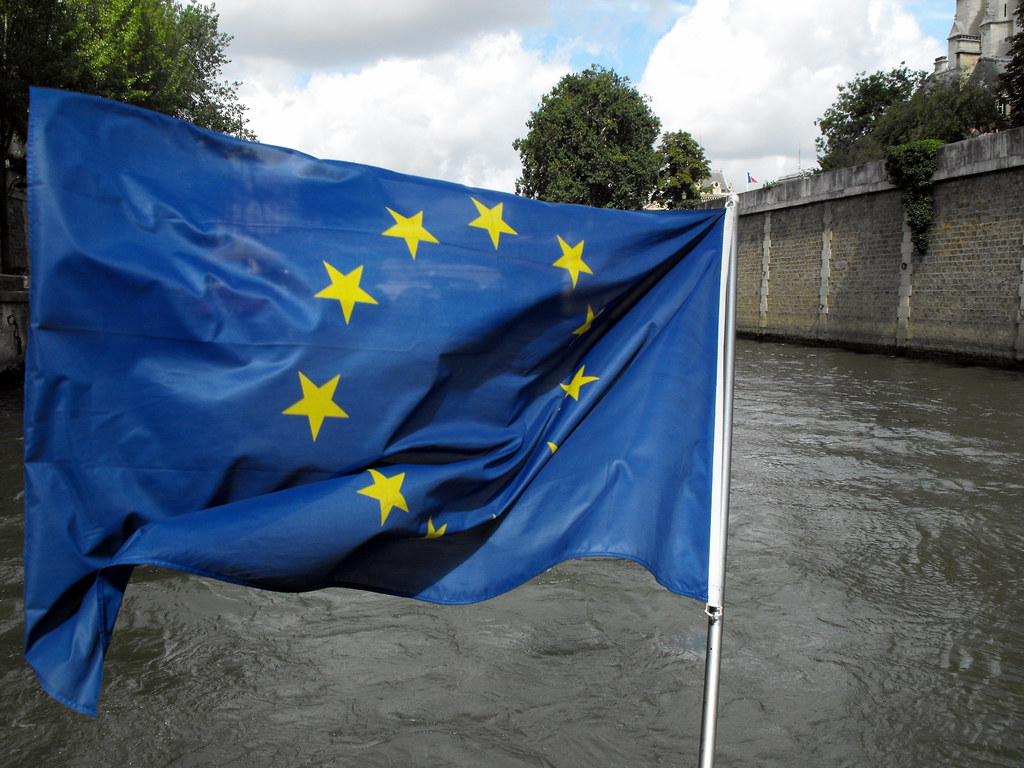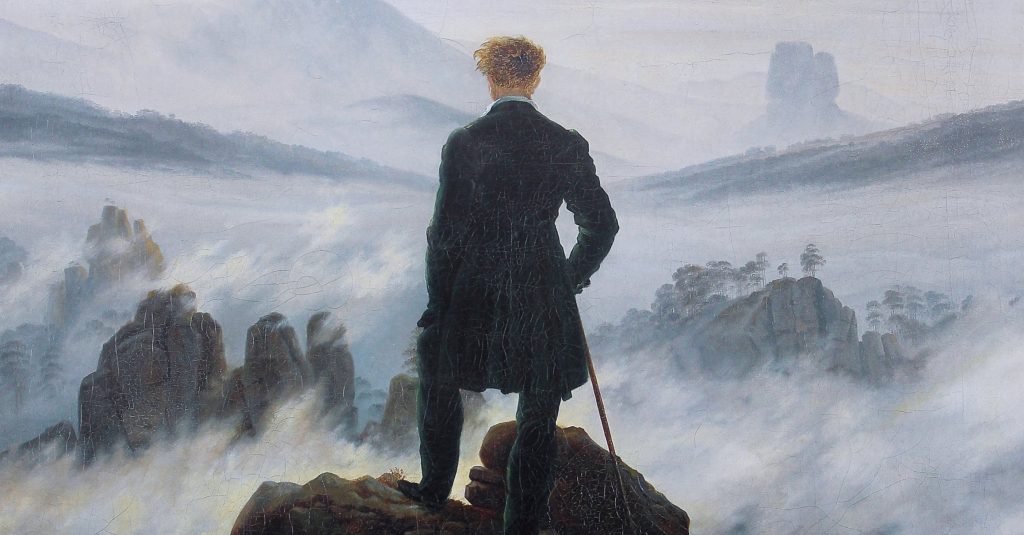
Can Deregulation in Poland Succeed?
Deregulation has been a loaded word among many European politicians and experts lately, with growing discussions on reducing bureaucracy and easing the burden on citizens and businesses. However, is this often-used term and concept actually feasible? And how has progress been made on this so far? It has undoubtedly become a European trend, discussed not only by EU leaders but also within EU institutions.



![Transatlantic Rift with Matthew Kaminski [PODCAST] Transatlantic Rift with Matthew Kaminski [PODCAST]](https://4liberty.eu/phidroav/2025/03/LEP_Matthew-Kaminski-1024x1024.png)
![Trump’s Impact on Europe and Elections in Poland with Andrzej Bobinski [PODCAST] Trump’s Impact on Europe and Elections in Poland with Andrzej Bobinski [PODCAST]](https://4liberty.eu/phidroav/2025/03/LEP_Andrzej-Bobinski_square-1024x1024.png)






